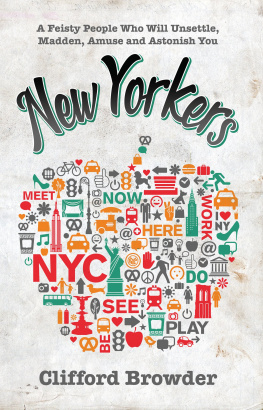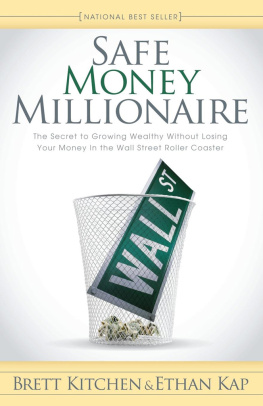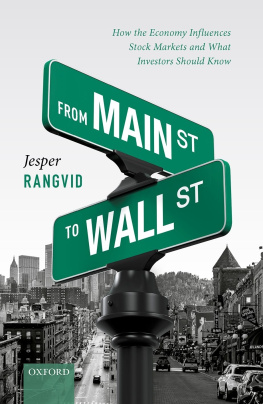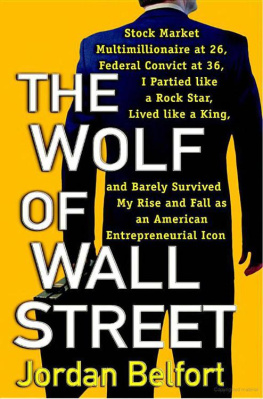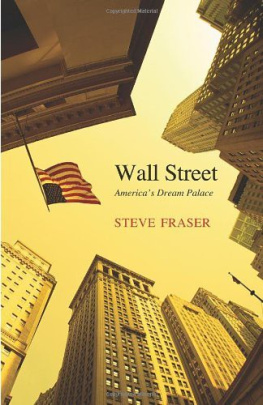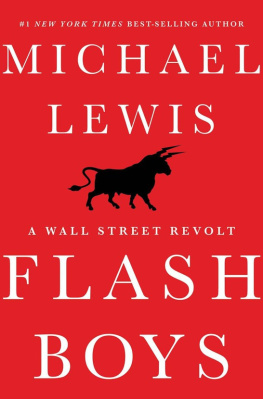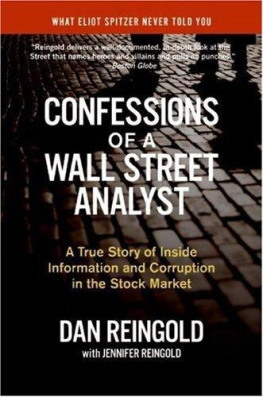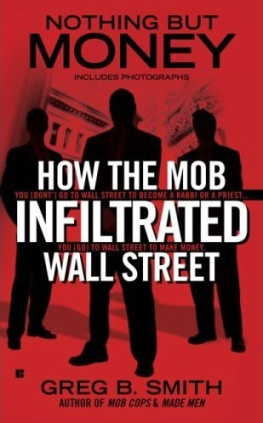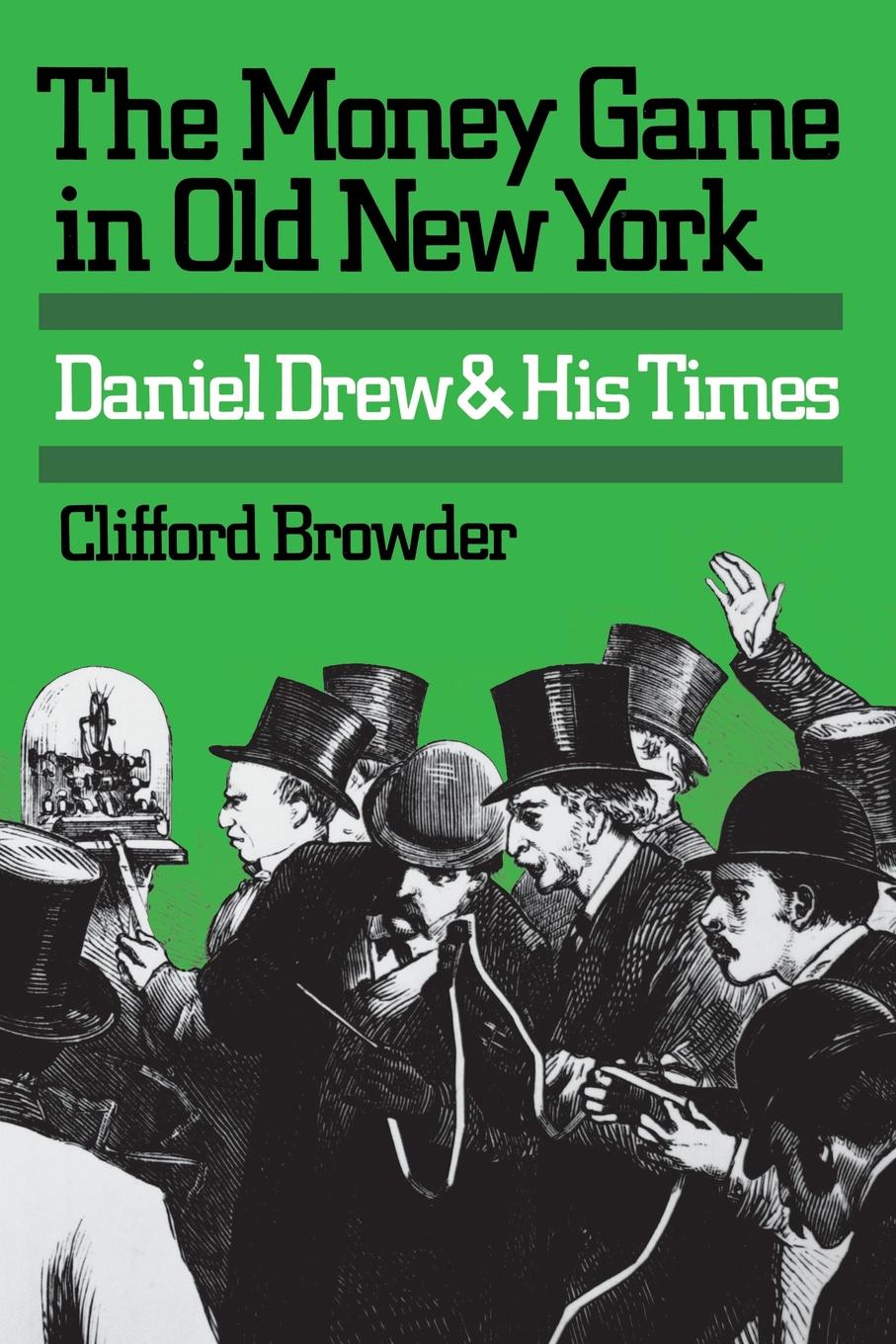The Money Game in Old New York

The
Money Game
in Old
New York

DANIEL DREW AND HIS TIMES
Clifford Browder

Frontispiece, Daniel Drew in the 1860s.
From Harpers Weekly, April 11, 1868.
Copyright 1986 by The University Press of Kentucky
Scholarly publisher for the Commonwealth, serving Bellarmine
College, Berea College, Centre College of Kentucky, Eastern
Kentucky University, The Filson Club, Georgetown College,
Kentucky Historical Society, Kentucky State University, Morehead
State University, Murray State University, Northern Kentucky
University, Transylvania University, University of Kentucky,
University of Louisville, and Western Kentucky University.
Editorial and Sales Offices: Lexington, Kentucky 40506-0024
LIBRARY OF CONGRESS CATALOGING-IN-PUBLICATION DATA
Browder, Clifford, 1928
The money game in old New York.
Bibliography: p.
Includes index.
1.Drew, Daniel, 17971879.2.Capitalists and
financiersUnited StatesBiography.3.Wall Street
History.I.Title.
HG172.D74B761986332.0924 [B]85-17938
ISBN 978-0-8131-5147-2
Contents
APPENDIX Bouck Whites Book of Daniel Drew:
An Enduring Fake
Acknowledgments
I am indebted to many persons for help in my research; I cannot possibly mention all of them here.
For genealogical information on Daniel Drew and his forebears, I am grateful to Dr. Robert Drew Simpson of Chatham, N.J., and to Ralph D. Phillips of Nassau, N.Y. For invaluable information about Putnam County local history, I thank Mrs. Charles Franklin, historian, of the Putnam County Historical Society; Mrs. Paul R. Fitchen of the Landmarks Preservation Committee of Southeast Museum, Brewster, N.Y.; and Mrs. Alvin Behr, the town historian of Kent, who also gave me a personal tour of the area associated with Drew and his family.
For help in my research generally, I am indebted to the staff of the New York Public Library, and especially of the Local History and Genealogy Room and the Annex, where the old newspapers are kept. I thank Mrs. Dorothy Illingworth Pearsall of Hamden, Conn., for passing on to me several family stories about her great-grandfather, Daniel Drew, and thank her son and grandsons for the same.
I am grateful to Donald C. Ringwald of Loudonville, N.Y., for generously sharing with me his vast knowledge of Hudson River steamboating, and to the staff of the National Archives in Washington, D.C., for access to the old federal steamboat records. I thank the secretary of the Canada Southern Railway Company for access to the old Canada Southern board minutes; the secretary of the Penn Central Transportation Company for access to the board minutes of the Hudson River, New York and Harlem, and New York Central railroads; and the Pennsylvania State Archives in Harrisburg for access to the old records of the New York and Erie Railroad and the Erie Railway.
For permission to consult the old records of their respective churches, I am grateful to the Rev. Raeburn Cameron of the Mount Carmel Baptist Church of Carmel, N.Y.; the Rev. Richard Guice of the Drew United Methodist Episcopal Church of Carmel, N.Y.; the Rev. Joseph G. Bailey of the First United Methodist Church of Brewster, N.Y.; and the Rev. Robert E. Richmond of the Saint Paul and Saint Andrew Methodist Church of New York, which has the records of the Mulberry Street Methodist Church and the Saint Pauls Methodist Episcopal Church.
Dr. Arthur E. Jones, Jr., director of the Drew University library, and his wife, Rachel M. Jones, the university archivist, have given me access to the board minutes of Drew Theological Seminary and other records, and have assisted my research in every possible way. Susanne M. Javorski, the special collections and archives assistant of Wesleyan University, gave me information about Drew and Wesleyan University.
Joan Doherty of the New Jersey Room of the Jersey City Public Library helped me in researching the New Jersey aspects of Drews career, and Mary Kenton of Dayton, Ohio, shared with me her masters thesis on Bouck White and answered numerous queries about White and the Book of Daniel Drew.
I am especially grateful to my friend Robert Lagerstrom of New York, a trained reference librarian, for his unending assistance in pursuing many murky avenues of research.
I am indebted to Dr. Wendell Tripp of the New York State Historical Association for help in finding a publisher.
Finally, I am grateful to the New York State Police for not arresting me when, during my first field trip to Putnam County, they picked me up, a suspicious stranger, on a highway north of Carmel, where, having despaired of ever finding a motel, I was trying to hitchhike back to Carmel, heavy suitcase in hand.
Prologue
Wall Street, July 1865. On the pavement excited speculators were talking vociferously; having sold the stock of the Erie Railway short, they expected to make a killing. On the steps of a brokers office nearby stood a plainly dressed old man, tall but slightly stooped, his face cross-hatched with wrinkles and fringed with whiskers, watching them with twinkling steel-gray eyes.
Happy creeturs, he said with a nasal twang, how merry they be! Wal, I guess I must pinch em.
Within a short while a heavy demand for Erie developed, the stock surged, the speculators rushed to cover losses, and Uncle Daniel Drewknown also as the Speculative Director, the Old Bear, the Merry Old Gentleman of Wall Street, and several unprintable epithetswas (as he might have put it) as happy as a pig in pea straw. This time by bulling instead of bearing the market, he had skinned the boys yet again and was richer by tens of thousands of dollars. All in a days work for Uncle Daniel.
Madison, New Jersey, November 6, 1867. The formal opening of Drew Theological Seminary was attended by all nine bishops of the Methodist Episcopal church, four college presidents, plus leading ministers and laymenthe largest group of Methodist intellectuals and theologians ever assembled. When a lady asked to see the founder of the seminary, she was told that the most unobtrusive elderly gentleman present would be Mr. Drew. It was true that among this distinguished assemblage the first Methodist millionaire, whose unprecedented gift of half a million dollars had made the occasion possible, appeared modest and unassuming, a kindly, pious gentleman, reticent and humble to a fault.
Yet when he was next expected on the campusat an all-important board meeting on April 23, 1868, at which the seminarys new charter was to be accepted, officers elected, and deeds transferredBrother Drew was unable to appear. He sent his regrets not from his New York City mansion but from Taylors Hotel in Jersey City, where, fearing lest he be kidnapped by his onetime friend and arch foe Cornelius Vanderbilt, he was being guarded by an army of toughs. He shared these quarters with the unprincipled Jay Gould and the garish and most immoral Jim Fisk. All three were fugitives from the state of New York, where if they dared to set foot they risked immediate arrest at the command of a magistrate subservient to Vanderbilt, whom they had just milked of millions through the sale of an unconscionable amount of watered Erie stock. The dramatic struggle between Drew and his confederates on the one hand and the furious Commodore on the other had already embroiled Wall Street and the New York State judiciary and engulfed two state legislatures in a tidal wave of farce and corruption. All of this was awkward for the Methodists, who admitted to having little grasp of Wall Street.


